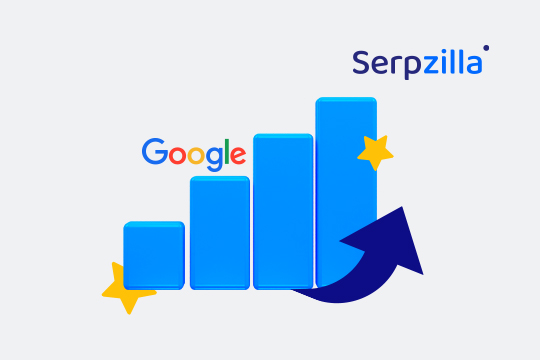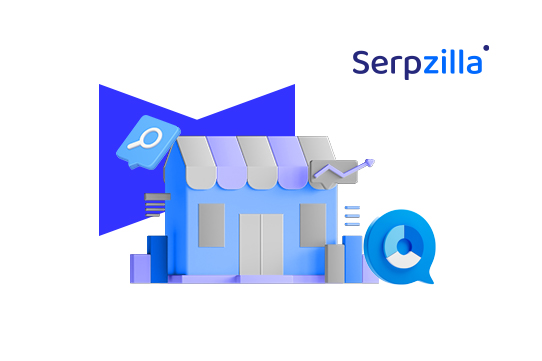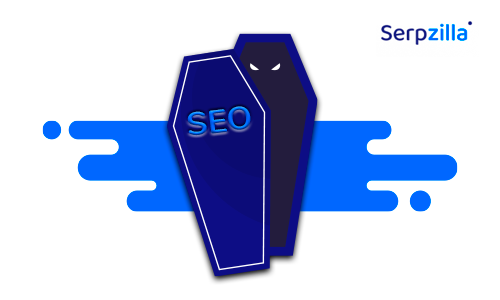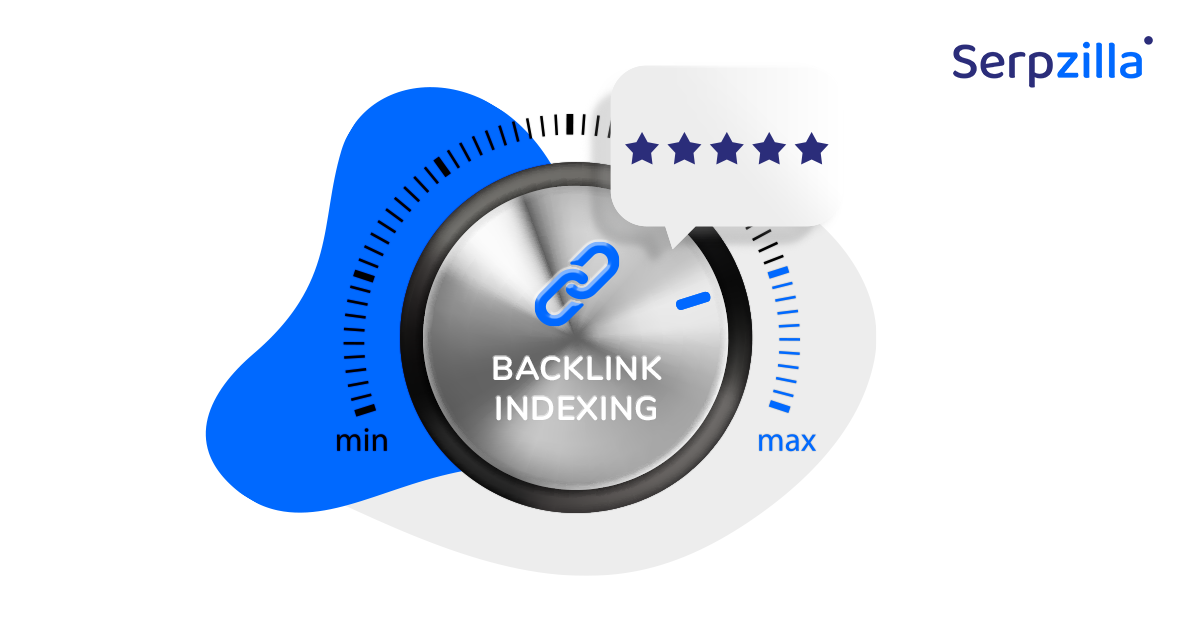Google’s recent developer conference unfolded several AI advancements. From the introduction of a faster AI model Gemini 1.5 Flash to upgrading Gemma AI model, we saw several ways in which AI could be incorporated in search, including:
- AI Overviews: Offers summaries and explanations for the search queries.
- Plan Ahead: Helps plan meals and vacations with recipes and itineraries to make travel a breeze.
- Video Search with AI: Allows users to search using video footage.
- AI-Organized Search Page: Organizes search results with AI-generated headlines for easier navigation.
Add to this data from Capegemini, which states that the top five use cases of GenAI in marketing include:
- Data Analysis – 62%
- Personalized Customer Experience – 60%
- Campaign Creation – 56%
- Search Engine Optimization – 56%
- Image And Video Generation – 59%
How AI Is Changing SEO
Apart from releasing new updates on AI-powered search, Google is also working on Project Magi.
What Is Google Project Magi?
Google is working on a new form of search engine powered by AI and is calling it Project Magi. Initially launched a year back for a million users in the USA, it may be expanded to an exponential number of users. While there is no official announcement as to when it will be available entirely for public use, over 160 engineers are focusing on perfecting the technology, including making Google Search more conversational to compete with ChatGPT-like capabilities of their competition.
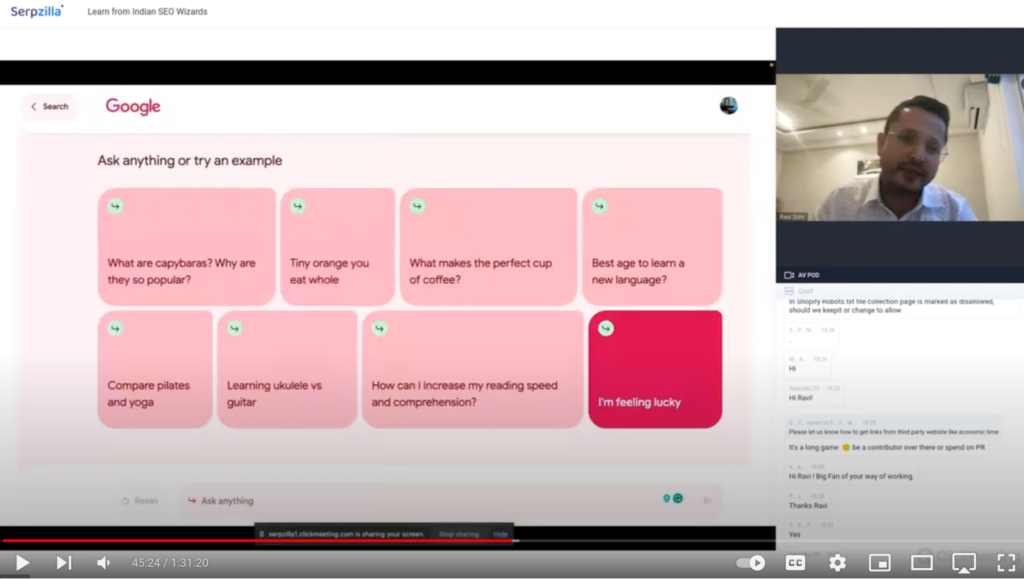
That said, how exactly is AI changing SEO?
Before we begin, let’s pause for a moment and understand that successful SEO leverages well-defined strategy irrespective of the brand. However, it needs to be customized as per your brand and business goals, including the target audience. It’s no cookie-cutter approach, rather it is unique for every single brand whether you’re a D2C brand or a hyperlocal brand.
And while there are several ways to strategize, you can take your pick from three critical methods.
Three Important Methods For SEO Strategy
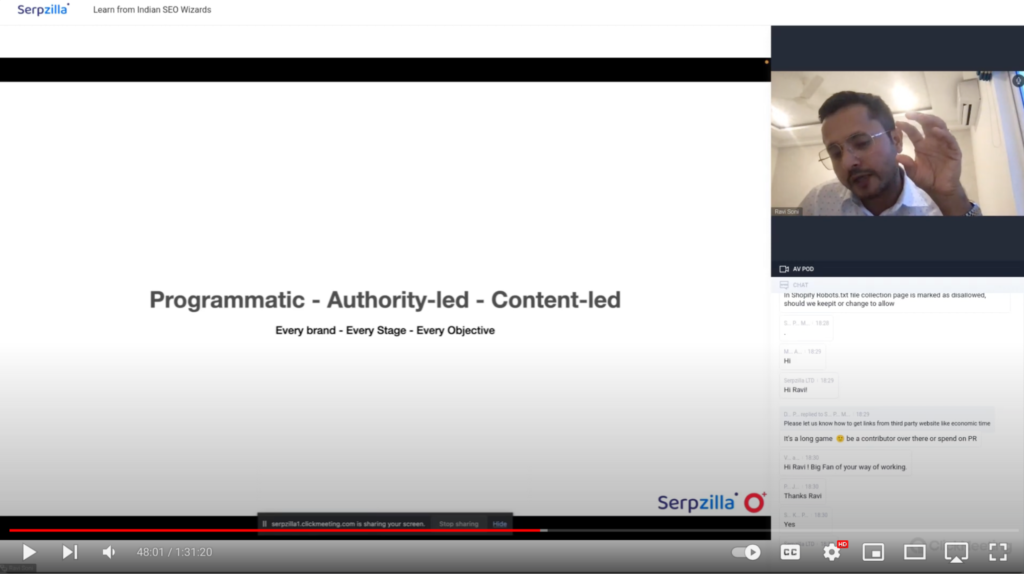
1. Content-Led Approach
This strategy focuses on creating high-quality, informative content that attracts organic traffic.It guides in establishing your brand as a thought leader in your niche by providing informative, relevant and valuable content that users are searching for.
This approach can be beneficial for –
- D2C brands: Create informative product descriptions, blog posts on related topics, and educational content showcasing expertise. Think of brand like
- SaaS companies: Offer guides, tutorials, and industry insights relevant to the problems your software solves.
- Informational websites: Establish yourself as a trusted resource by providing in-depth articles and data-driven content.

2. Authority-Led Approach
This strategy focuses on building backlinks from high-authority websites that point to your own. Backlinks act as votes of confidence for your site in Google’s eyes, potentially boosting your ranking for relevant keywords.
This approach is especially effective for:
- Established brands with existing brand awareness: Leverage existing reputation to secure backlinks from reputable sources.
- News websites or publishers: Attract backlinks through newsworthy content and industry partnerships.

- Local businesses: Focus on building backlinks from local directories, publications, and relevant community websites.
3. Programmatic Approach
This strategy involves using intelligent automation and data analysis to optimize your SEO efforts. It focuses on scaling content creation and backlink building through data-driven techniques. This is where AI in SEO comes in.
This approach is well-suited for:
- Large e-commerce websites: Efficiently manage and optimize product pages for a vast inventory. Lidl is an excellent example of a marketplace that leverages this for content discoverability.

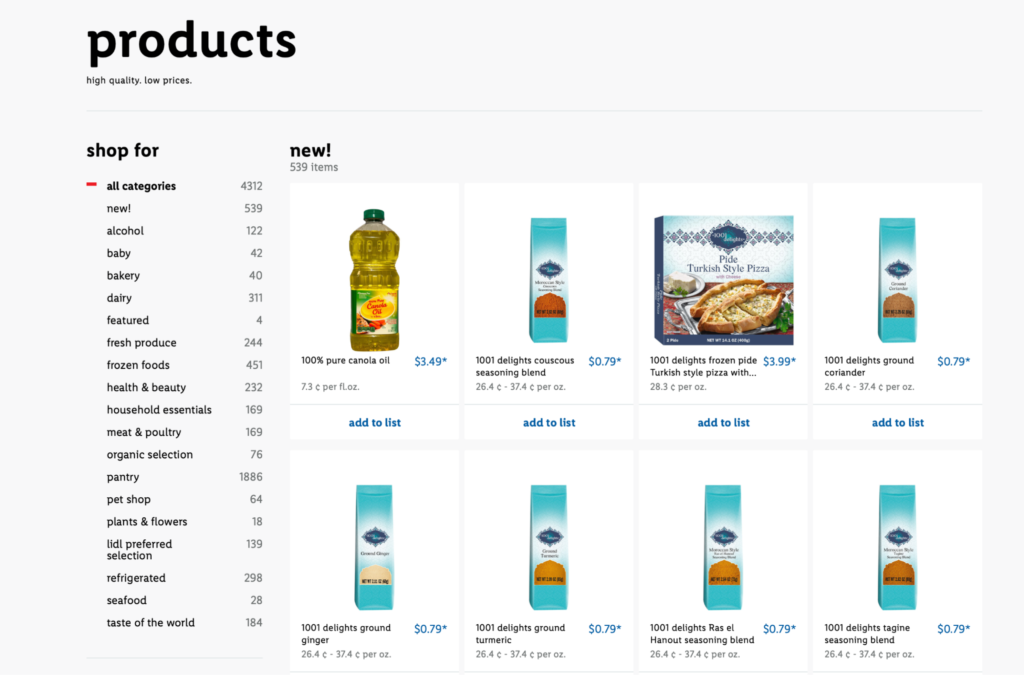
- Hyperlocal businesses: Automate location-specific page creation and backlink building for multiple locations.
- Data-driven businesses: Leverage data insights to identify content gaps and optimize website structure for better ranking.
D2C brands can all benefit by using a combination of all three strategies for brand awareness, product visibility, and traffic generation.
Optimizing AI-Driven SEO For Growth
SEO is not just about keywords but also to build your strong online presence that keeps attracting and converting users. SEO should foster a community, especially for D2C brands, to drive customer loyalty and future conversions. This is why you need to track key metrics including Return on Ad Spend (ROAS) to measure SEO success and improvise, if needed.
That said, AI and automation can be valuable SEO tools, but they should be used strategically. For instance, AI-generated content needs a human touch for effectiveness.
If you need to focus on tasks that are repetitive or time-consuming, like content generation or competitor analysis, make sure that you use some level of human intervention. It is crucial for quality and ensuring content aligns with Google’s values.
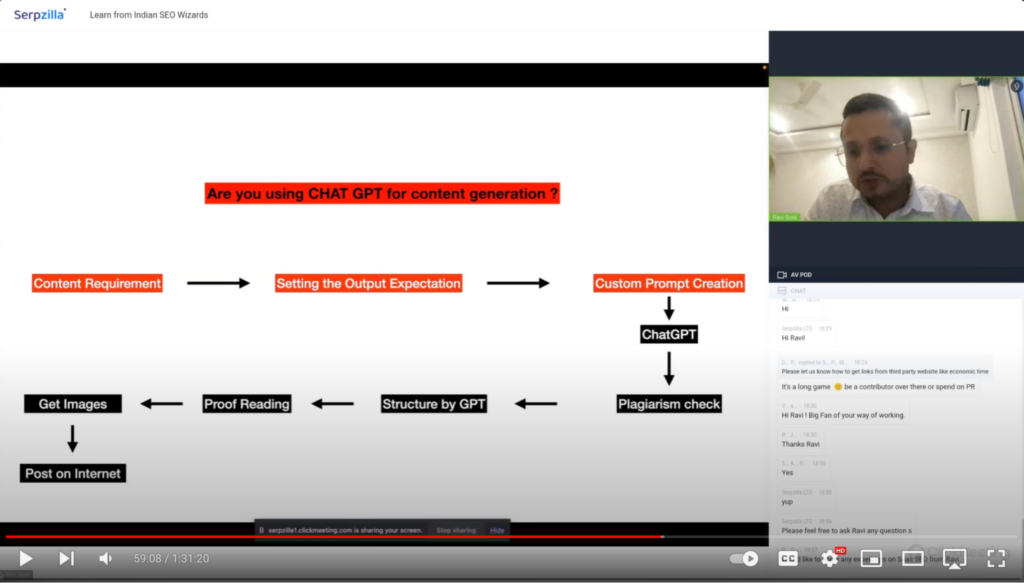
Here are some more PRO tips that’ll come to your aid while using AI in SEO:
- Prioritize content creation that targets featured snippets for user problems your product solves.
- Build a content-led SEO strategy with a focus on user intent.
- Consider lead magnets as a strategy to capture potential customer leads.
- Don’t just use AI for the sake of it. Identify areas where automation and AI can be most useful such as:
- On-Site Optimization: Generate titles and keyword clusters using generative AI.
- Research and Insights: Automate error analysis and competitor tracking.
- Content Creation: Utilize AI tools like Chat GPT to generate content drafts, but prioritize human editing and quality control.
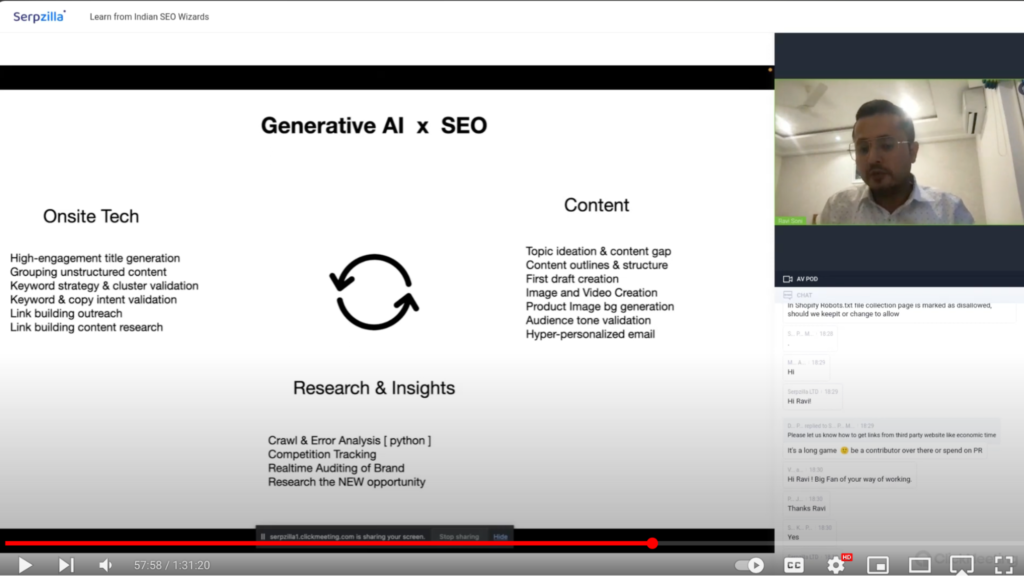
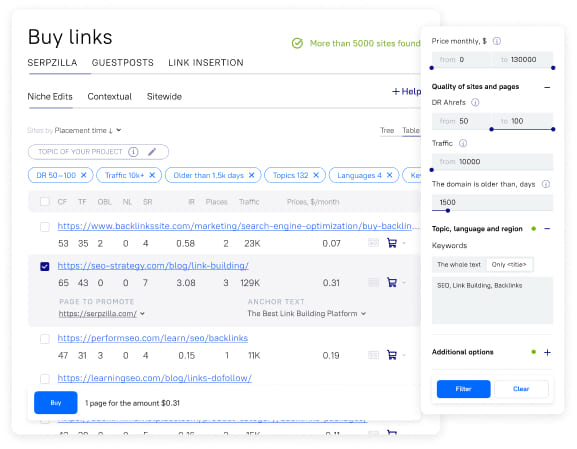
The Future of SEO: Human Expertise Matters
Whether you love it or hate it, you can’t ignore the fact that AI is all set to transform SEO in a major way. We can see more efficient AI models in place that help optimize the results. We can expect more personalization with AI tools that work alongside human expertise. To survive in this AI ecosystem, the best way forward is to keep up with its pace and use it judicially using human expertise in-sync with Google’s guidelines.
Are you ready to embrace all the changes AI brings for SEO?



